- Ph.D., Yale University, 2014
- Joint-Ph.D., New York Botanical Garden, 2014
- M.E.M., Yale University School of Forestry & Environmental Studies
- B.S., Biology with Certificate in Science in Society, Wesleyan University

Sarah Osterhoudt
Associate Professor, Anthropology
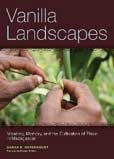
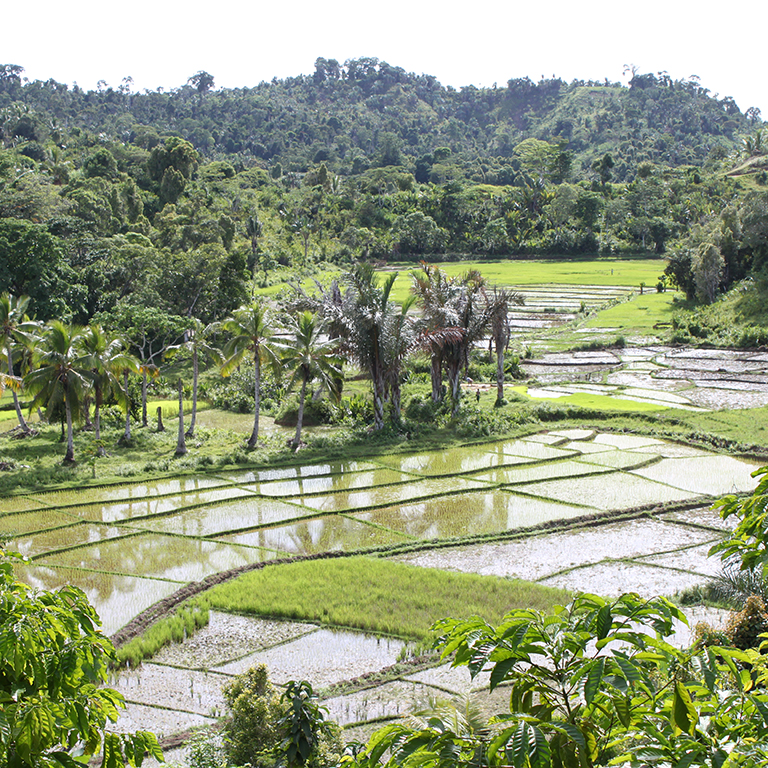
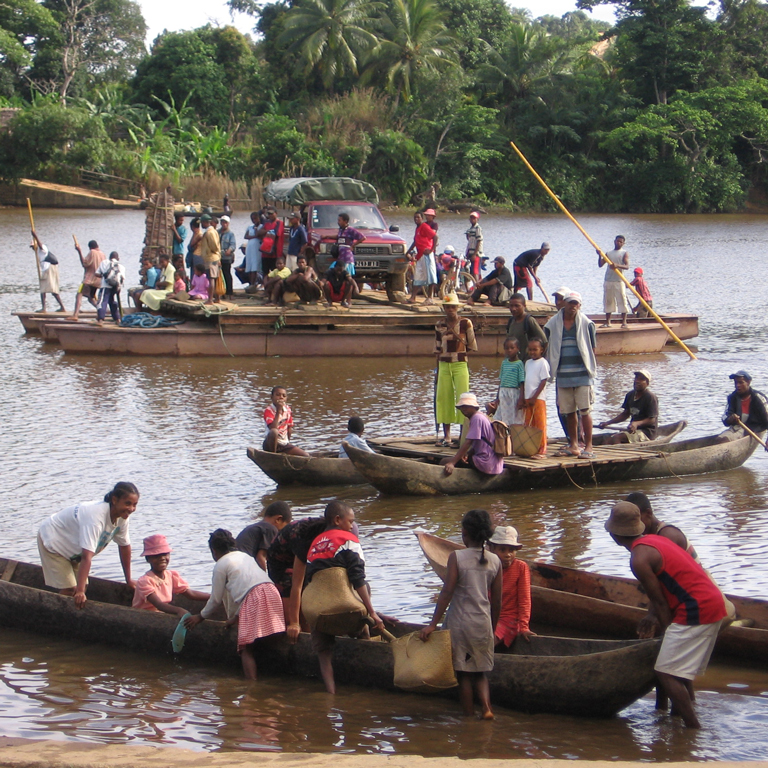
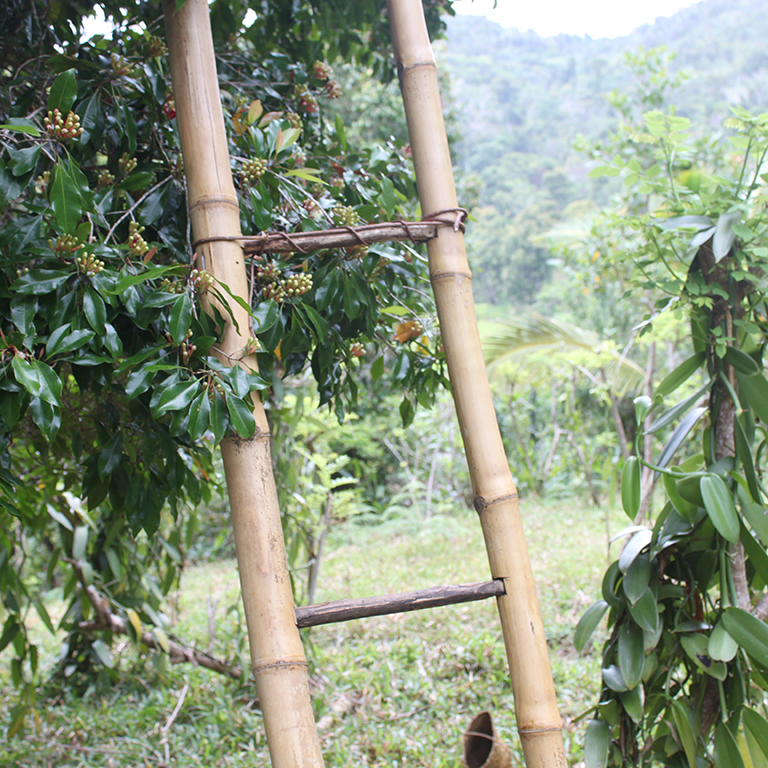
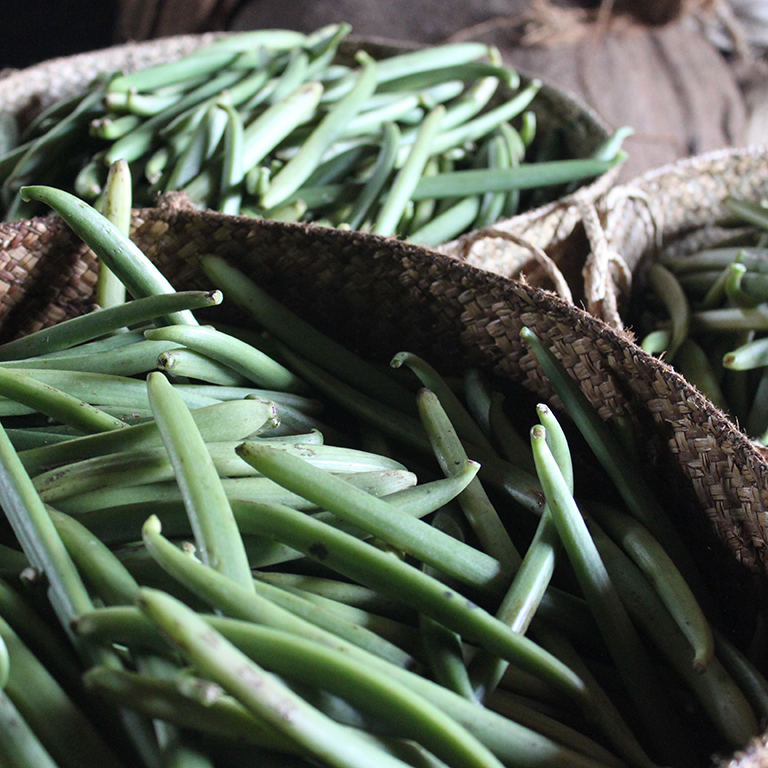
 The College of Arts
The College of Arts